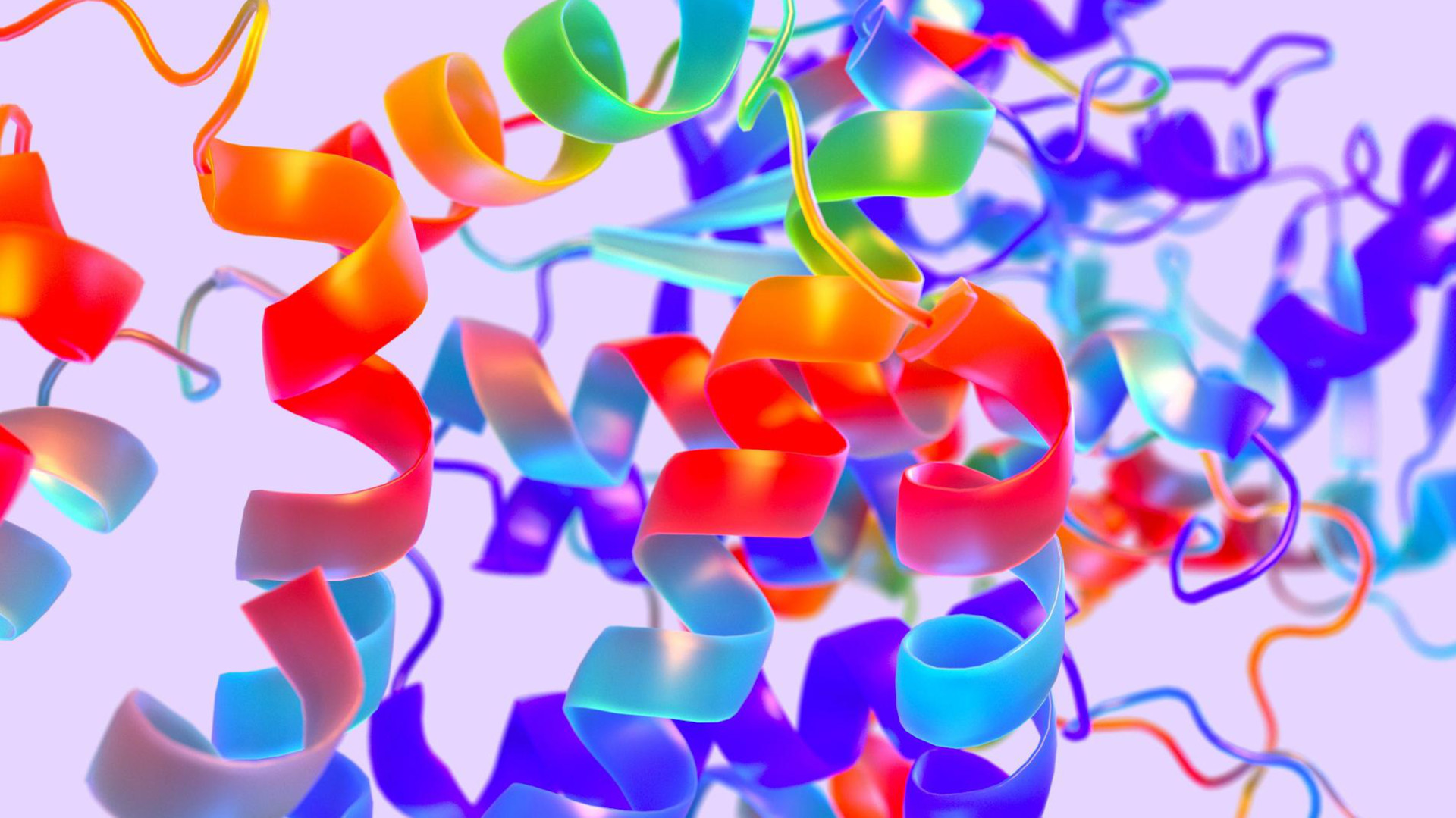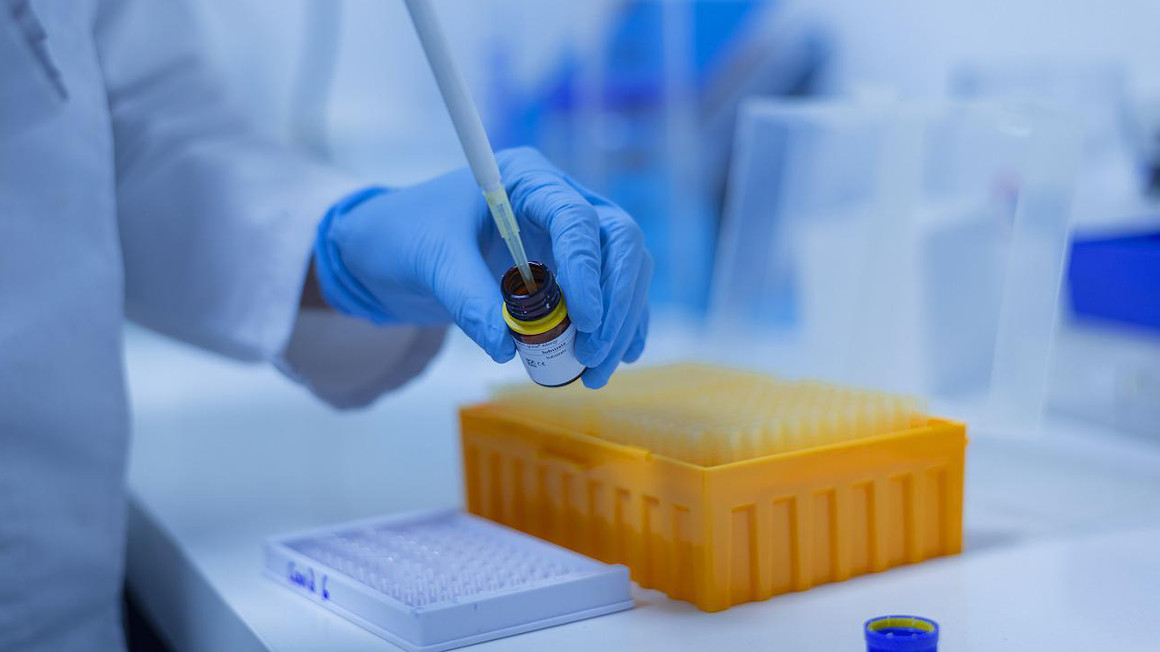A study conducted in 2016 by the nova-Institut on behalf of the Bio-based Industries Consortium (BIC) showed for the first time which macroeconomic effects the bioeconomy has. In April 2018, an update of the study with the data for 2014 and 2015 was published. According to the study, the primary sectors (agriculture, forestry and fisheries) as well as food, beverages, tobacco, paper and paper products can be regarded as fully bio-based and are therefore fully included in the bioeconomy.
The analysis of Eurostat data for 2016 shows that the total bioeconomy of the EU-28, including the food and drink sector and the primary sector, has a turnover of 2.3 trillion euro. Roughly half of the turnover is accounted for by the food and beverages sector, almost a quarter is created by the primary sectors agriculture and forestry. The other quarter is generated by so-called bio-based industries such as chemicals and plastics, pharmaceuticals, paper and paper products, forestry, textiles, biofuels and bioenergy.
In 2016, the bioeconomy employed a total of 18.6 million people. Primary biomass production in particular creates jobs (55%), but comparatively little turnover (20%). As in the 2016 study, the update also underlines the contribution of the often underestimated biobased industries. These contribute a considerable turnover of around 700 billion euros and 3.6 million employees.
Revenue of EU-28 in bioeconomics, 2016


